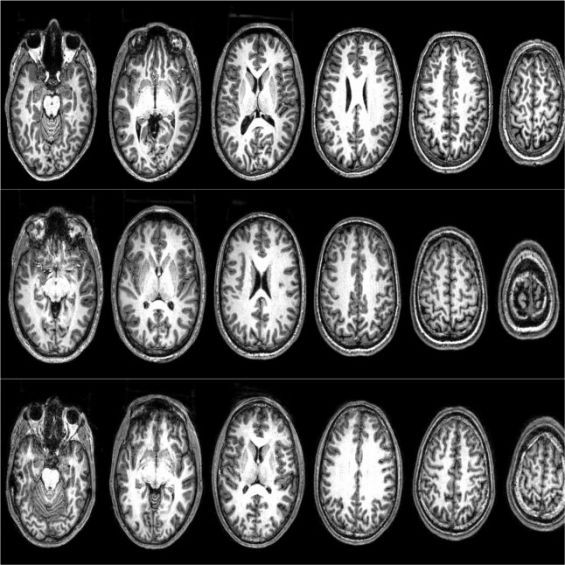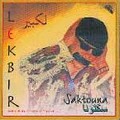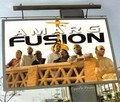To know how radicals' brains function, a group of researchers conducted a series of brain tests on a number of men of Moroccan origin in Barcelona, Spain.
Conducted by multi-disciplinary research institution Artis International and entitled «The Neuroscience of Terrorism : How we convinced a group of radicals to let us scan their brains», the survey concluded that violent extremism is a «social phenomenon» that is mainly related to sacred values.
The group of researchers conducted 535 surveys of young Moroccan origin men in Barcelona, including 38 participants who declared that they are willing to engage in violent acts to defend jihadist causes.
Moroccan participants, who accepted to get their brains scanned, were questioned about creating «a worldwide caliphate, being ruled by strict Sharia law and engaging in armed jihad», the authors of the survey, published by the Conversation, revealed.
Exclusion and sacred values
To study how their brains work, Moroccan participants were put to play a video game, where three other young Spanish male players would pass a ball to each other. These Spanish players were virtual, the authors of the survey indicated.
To divide the group of Moroccan men into two sections, the survey intended to make the Spanish players stop passing the ball to half of the participants to make them feel socially excluded. The other half were passed the ball, making them feel socially included. After playing the game, the participants were then debriefed about subjects related to their sacred and non-sacred values while getting their brains scanned.
When scanning the brains of both groups, the socially excluded and the non-socially excluded one, the researchers measured «their willingness to fight and die for their sacred values», such as forbidding prophet cartoons and banning gay marriage, and their «important but non-sacred values», including niqab and Islamic teaching in schools.
The results of these brain scans suggested that Moroccan participants from the two groups showed higher willingness to fight and die for sacred rather than non-sacred values. The tests showed that sacred values «activated the left inferior frontal gyrus (IFG) – an area associated with rule processing».
However, participants who were socially excluded had their willingness to fight and die for their important but non-sacred values increased. This was not the case for the other group which was socially non-excluded.
The survey concluded that «social exclusion made non-sacred values more similar to sacred values», increasing Moroccan participants’ willingness to commit violent acts.
In addition to the tests conducted on Moroccan radicals in Barcelona, the same group of researchers carried out a different survey on men of Pakistani origin. The survey revealed that Pakistani men were highly radicalized than the Moroccan participants.
In general, the survey revealed that the phenomenon of radicalization is not necessarily connected to social, environmental or economic factors. Researchers found out that social exclusion can, when accompanied with other factors, lead to radicalization, stressing that the social phenomenon «must be socially combated with the help of inclusive governance, friends and families, and media».




 chargement...
chargement...












